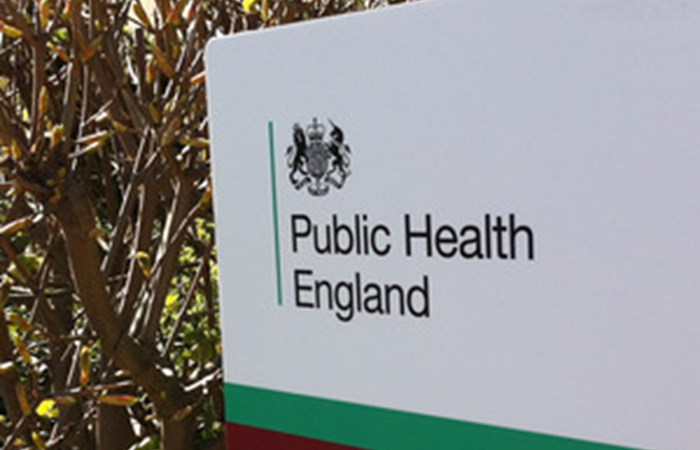The new superbug prompted a national alert last year
shared in this blog (Read it here), as one of the main treatments had become
useless against it. Public Health England acknowledges measures to contain the
outbreak have been of limited success.
Doctors fear the sexually
transmitted infection, which can cause infertility, could soon become
untreatable. There are now cases of this resistant gonorrhoea in the West
Midlands, London and southern England. Only 34 cases have been officially
confirmed in laboratory testing, but this is likely to be the tip of the
iceberg of an infection that can be symptomless.
The outbreak started in
straight couples, but is now being seen in gay men too. A consultant in sexual
health based in Bristol, Peter Greenhouse said that we’ve been worried it would
spread to men who have sex with men which is what we have now. The problem is
that they tend to spread infections a lot faster simply as they change partners
more quickly. They are also more likely to have gonorrhoea in their throats. Further
resistance is more likely to develop as antibiotics get to the throat in lower
doses and the area is also teeming with other bacteria that can share the
resistance to drugs.
The bacterium that causes
gonorrhoea is extremely adept at shrugging off our best antibiotics. Two drugs
- azithromycin and ceftriaxone - are used in combination, but now resistance to
azithromycin is spreading and doctors fear it is only a matter of time before
ceftriaxone fails too.
The disease is caused by the
bacterium called Neisseria gonorrhoeae and infection is spread by
unprotected vaginal, oral and anal sex. Of those infected, about one in 10
heterosexual men and more than three-quarters of women, and gay men, have no
easily recognisable symptoms. But symptoms can include a thick green or yellow
discharge from sexual organs, pain when urinating and bleeding between periods.
Untreated infection can lead to infertility, pelvic
inflammatory disease and can be passed on to a child during pregnancy.
Read more at http://www.bbc.co.uk/news/health

No comments:
Post a Comment